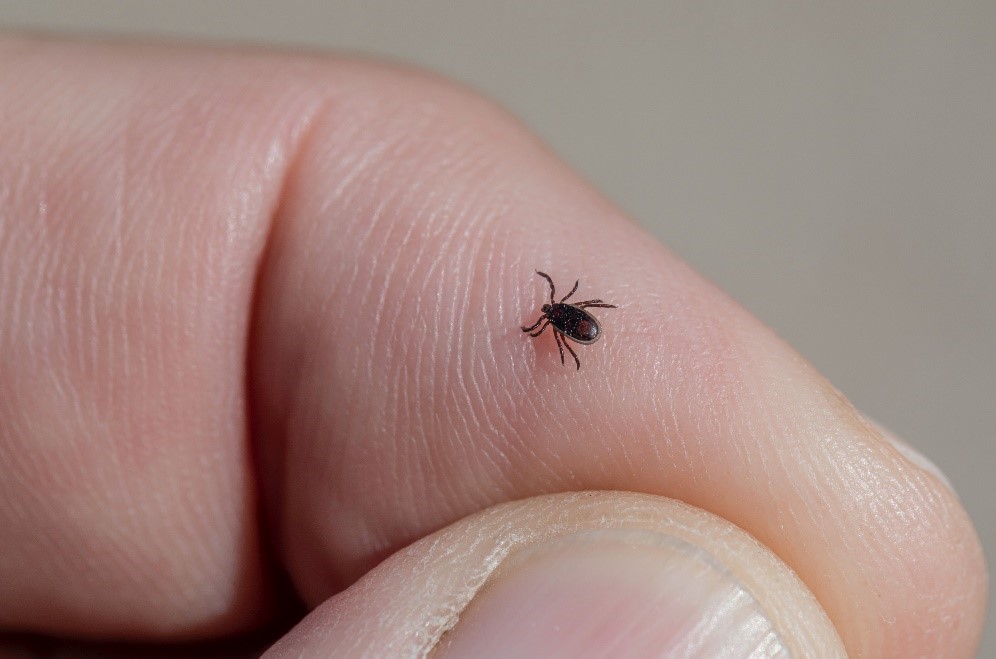The journal Gigabyte (1), with support from the Special Programme for Research and Training in Tropical Diseases (2), hosted at the World Health Organization, has published a special series of 11 articles, representing the work of authors from 31 countries and territories, which describe datasets on vectors of human vector-borne diseases. Specifically, the special series includes more than de 500 000 new records related to the presence, spread and diversity of organisms that transmit the virus, bacteria and parasites to humans.
This special issue provides access to biodiversity data of the species; thus enabling research and analysis of how to cope with the increasing threats that vector-borne diseases place on the ecosystem and human health.
Furthermore, the collaboration amongst authors incentivizes data sharing through GBIF.org platform (Global Biodiversity Information Facility) (3), an international network and data infrastructure aimed at providing anyone, anywhere, free and open access to data on all types of life on Earth.
This sharing of data will help track and assess particular species in territories where the presence of these organisms has not yet been well documented.
The collection and sharing of data provides an enormous potential for research on human vector-borne diseases and supports greater understanding and generation of knowledge that contributes to the control and eradication of these human diseases through new technologies and policies reflecting the connections between biodiversity and human health.

Amor Escoz Roldán.
Senior Environmental Health Technician, Environmental Science Specialist,
Environmental Science Specialist, Environmental Educator and PhD in Education Sciences.



